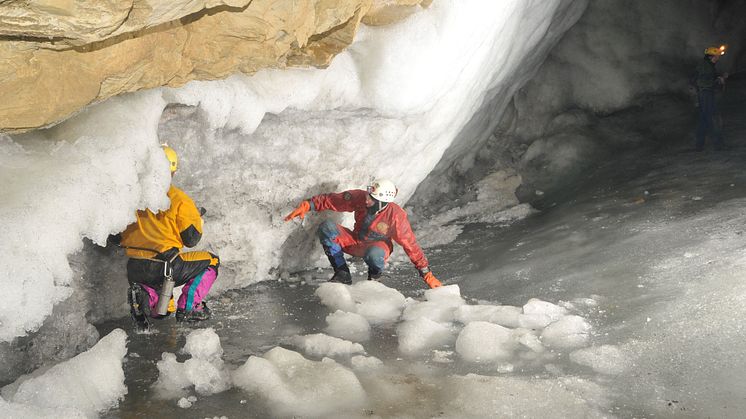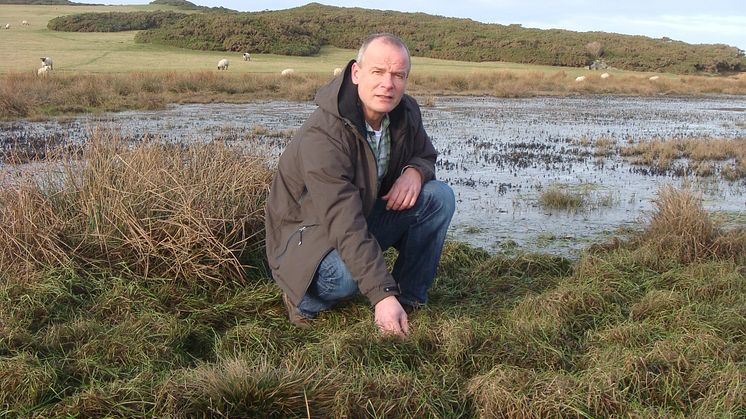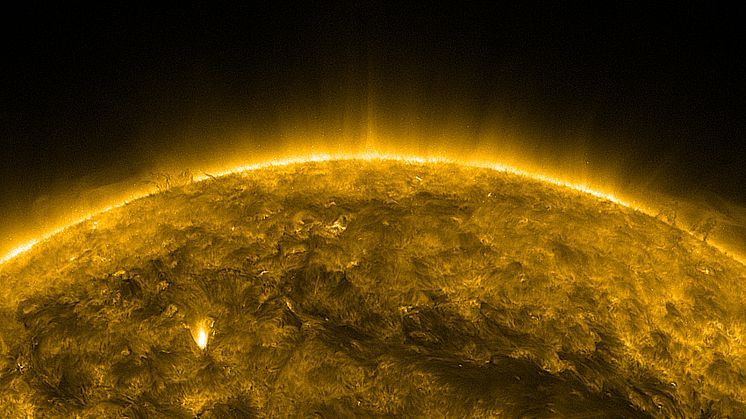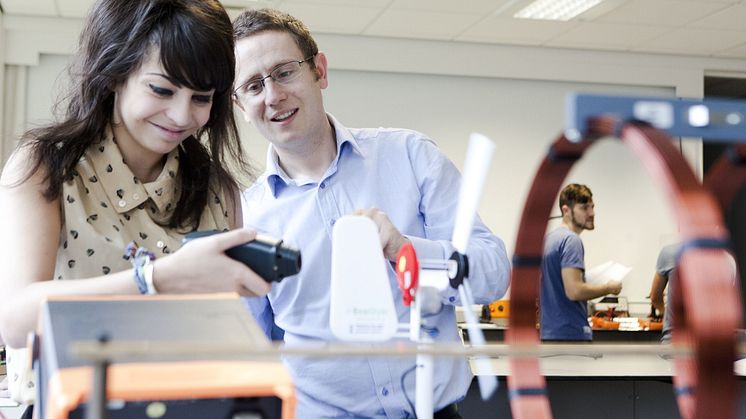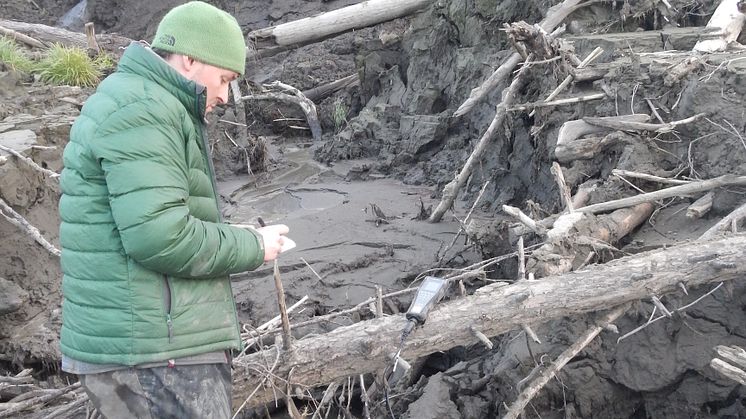
Press release -
Ancient frozen carbon stores may cause vicious cycle of climate change
Ancient carbon stores from more than 50,000 years ago are being released into the atmosphere, which may fuel further global climate change.
The new research finds that as Arctic regions warm, previously frozen ancient carbon, known as permafrost, is thawing and being released to inland streams and rivers. Once mobilised, aquatic microbes can efficiently ‘feed’ on this permafrost, releasing ‘old’ carbon dioxide into the earth’s atmosphere.
According to Dr. Paul Mann, Research Fellow at Northumbria University and lead author of the research recently published in Nature Communications, this could cause further warming and potentially greater rates of global climate change.
Paul said: “We show that microbes in Arctic stream and river networks appear to favour the older carbon, and use it first, releasing carbon that has been frozen in the ground for thousands of years into the atmosphere, influencing our climate.
“The warmer the earth becomes, the more permafrost is likely to be released, ultimately resulting in more greenhouse gases causing the earth to warm further.”
The findings are based on work carried out by Paul and a team of researchers from the USA, Russian Federation, Switzerland and the Netherlands, who studied the effects of thawing permafrost in a remote Northeast region of Siberia during field expeditions between 2012 and 2014.
The team collected hundreds of water samples and conducted experiments to determine the amount and type of carbon that microbes were using as a food source.
Paul explained: “We were surprised to see how quickly microbes used this older carbon when it was available, meaning a large proportion will not make it out to the expansive Arctic Ocean.
“This research will help us to develop more accurate future predictions of climate change. We know that the earth is continuing to warm from our activities, so we must try to understand how additional factors like thawing permafrost may alter the rate and speed of change.
“Although the Arctic seems a distant place, it is important to realise that changes happening there can and will affect all of us.”
Paul’s research was funded by the National Science Foundation (USA) and an Anniversary Research Fellowship at Northumbria University, UK.
Photography by Rob Spencer©
Topics
Categories
Northumbria is a research-rich, business-focussed, professional university with a global reputation for academic excellence. To find out more about our courses go towww.northumbria.ac.uk
If you have a media enquiry please contact our Media and Communications team at media.communications@northumbria.ac.uk or call 0191 227 4571.







